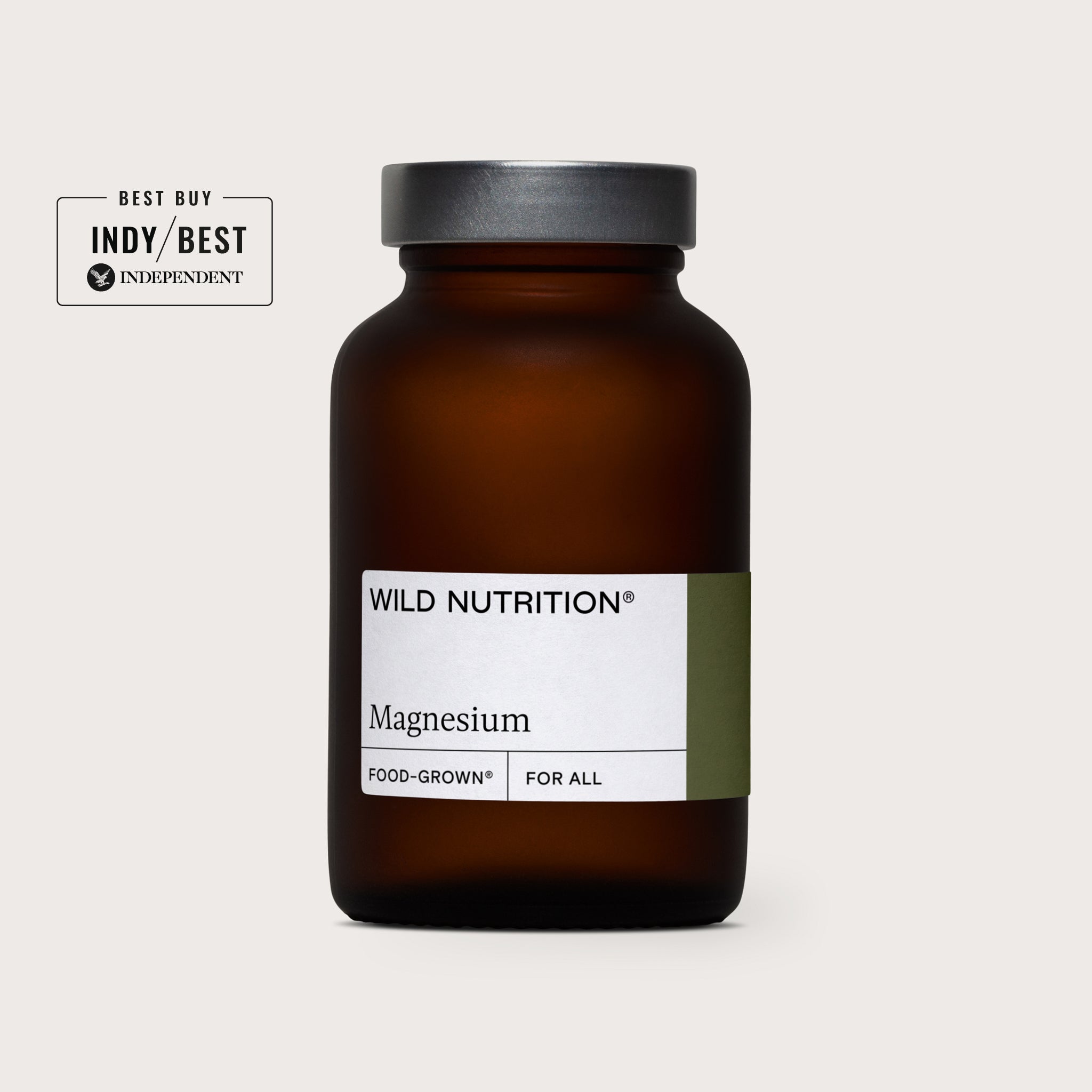
Slowly does it: the benefits of slow cooking
As I've written plenty of times before, living and eating seasonally is a way of being that I uphold whenever I can and the Autumn is perhaps my favourite time of year for this. It is the time to ‘root build’ with nourishing soups and stews of colourful root vegetables, slow cooked meat or pulses and digestively warming spices such as ginger and cinnamon. It is the season of the slow-cooker.
Slow cookers cook food at a low temperature (usually around 93c) for anywhere between 4-8 hours. Because of the lower temperature, the nutrients in the food remain more stable than other methods of cooking. By virtue of being in sealed unit, whether using an electric slow cooker or in a casserole dish in your oven, any of the nutrients usually lost in the liquid from heat are simply reabsorbed into the meal. Cooking over a longer period of time also increased flavour and reduces the need for added seasoning or sauces. Instead the richness comes from spices and herbs that leach their goodness and aroma into the food.
This method tenderises meat and softens ‘tough’ root vegetables supporting those who may find these harder to digest if cooked by other methods.
For me the art of slow cooking and eating seasonally reaches beyond the physical health benefits of choosing seasonally grown antioxidant-rich root, mineral-dense vegetables or slow cooked stews; it can be an opportunity to slow down ourselves, to take enjoyment from cooking very simply and reconnecting with natures cycle and all that it provides for our body and mind.
Here are 4 tips when utilising your slow cooker:
1. Vegetables
Although it seems counter-intuitive, most vegetables (especially roots such as potatoes, carrots and turnips) cook more slowly than meat and poultry do in the slow-cooker. Be sure to cut similar vegetables into same-size pieces. Faster cooking vegetables such as greens can be added in the last 20 to 30 minutes.2. Poultry
Poultry is easy to overcook and dry out. Leave the skin on a whole chicken to lock in moisture and add flavour if organic.3. Beans and legumes
These dried foods are perfectly suited for the slow-cooker, just be sure to properly prepare them beforehand and don’t add salt until after they are cooked, as salt will keep the skins tough.4. Herbs and spices
Using plenty of warming herbs and spices in soups and stews can support circulation and digestion. Ginger, rosemary, black pepper, garlic, paprika, horseradish, cayenne pepper, turmeric and cumin are all nourishing.Whole herbs and spices release their flavours slowly, while ground versions tend to lose their flavour or even become bitter tasting in the slow-cooker.For more on the importance of slowing down as we move into the cooler months, see 'What can we learn from Hygge?' and 'Autumnal equinox: 9 Tips to support your health this season'












